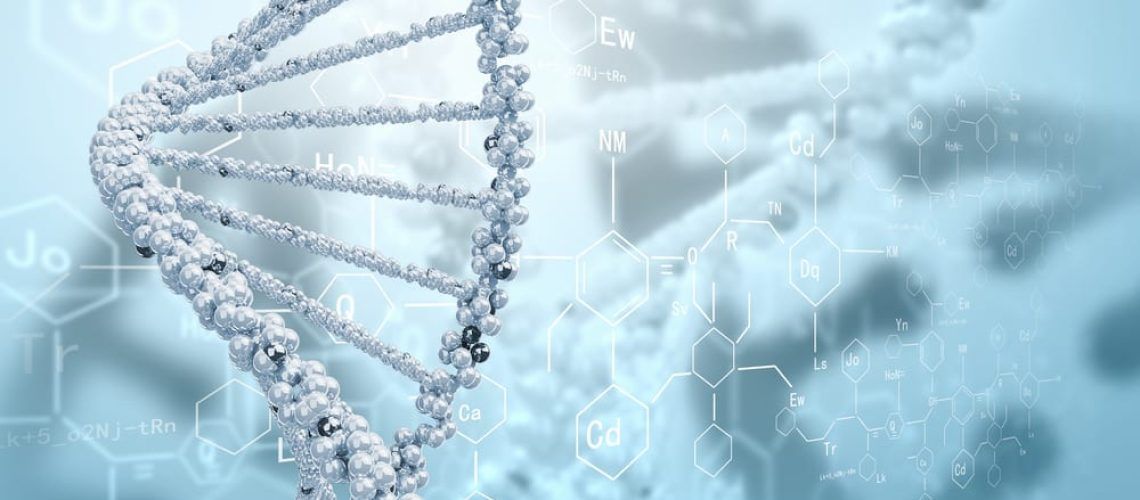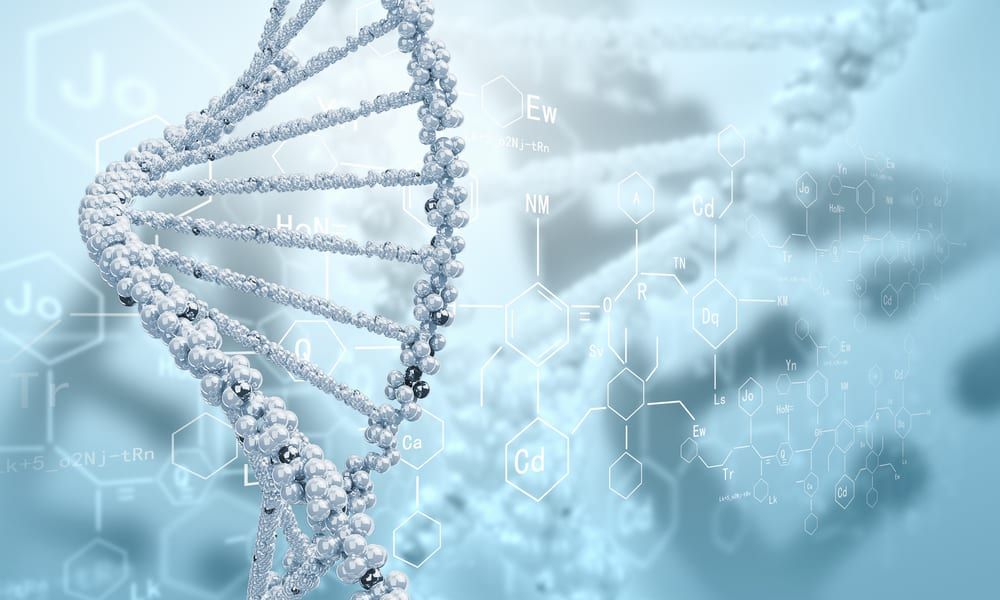Decades of space travel have shown that astronauts suffer immune system problems, making them more prone to infection in space. Even a short-time spent in low earth orbit can disrupt our body’s defenses. A new study may help explain why space weakens our shields against disease. Near-zero gravity conditions cause immune cells to grow and behave differently than they do on earth, compromising their ability to protect against illnesses. The researchers demonstrated that microgravity changes the shape of immune cells and leads to dysfunction at the single cell level.
The study also discovered a potential treatment to mitigate the damage to immune cells. Quercetin, a supplement derived from plants, may reverse approximately 70% of immune cell changes. Quercetin is a plant pigment found in citrus fruits, grapes, berries, apples and red onions.
The research team investigated the affect of 25 hours of simulated microgravity on healthy immune cells. The cells were grown from donated blood from healthy people ages 20-46. The scientists grew the cells in NASA’s Rotating Wall Vessel, a device that simulates the microgravity experienced by space travelers. The cells were then examined under a laboratory microscope to observe how these abnormal conditions alter their form and function. The scientists compared their results to findings of previous studies conducted with humans and mice who had been to space.
“This is the first comprehensive study that provides the scientific community worldwide with an atlas to understand human biology in this extreme condition”, said David Furman, Chief of AI at the USC Buck Institute for Research on Aging. “The implications are huge, beyond humans in space.” Furman explained that the disruption to the immune system in space may have similarities to changes that happen due to aging. Investigating these connections may one day lead to medical breakthroughs that protect against age-related weakening of the immune system.
Full Story: HealthDay


